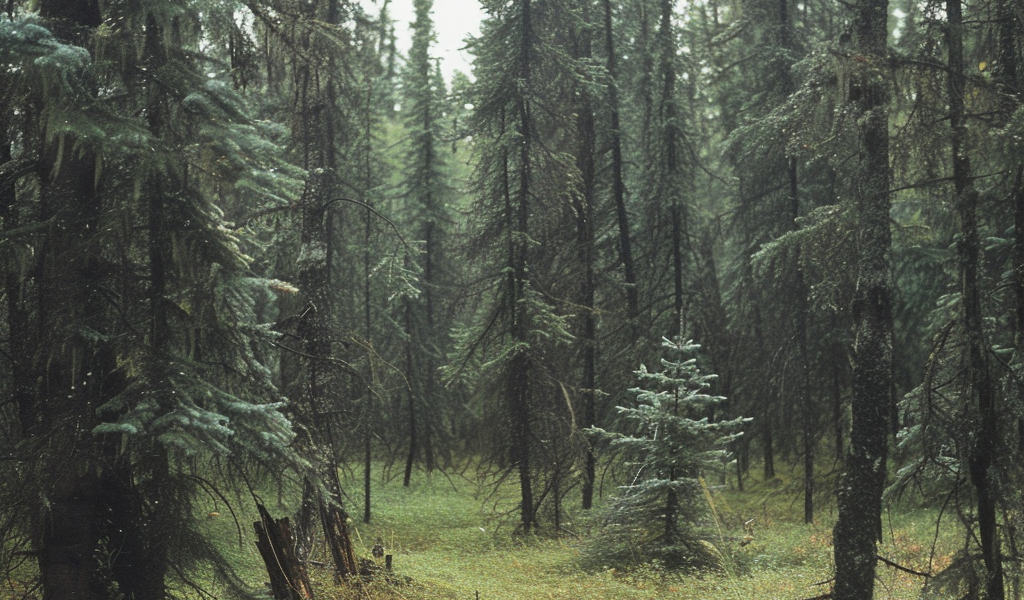An Alaska resident has passed away due to complications of a relatively new and rare virus called Alaskapox, as reported by Alaska state public health officials. The virus was first identified in Fairbanks, Alaska, in 2015, and since then, there have been only seven reported cases in the state.
This recent case marks the first instance of an Alaskapox infection resulting in hospitalization and death. The patient, an elderly man who was immunocompromised, was at a higher risk for severe illness, according to state public health officials.
Dr. Joe McLaughlin, the state epidemiologist and chief of the Alaska Division of Public Health Section of Epidemiology, emphasized that Alaskapox remains rare and for the majority of individuals who may come in contact with the virus, the clinical course will likely be mild.
The Alaskapox virus typically occurs in small animals, commonly identified in voles and shrews, according to the Alaska State Department of Health. However, there have been no reports of human-to-human spread, providing assurance to the public.
It remains unclear how the deceased resident was infected with the virus. They lived alone in a forested area and reported caring for a stray cat, which later tested negative for the virus. Health officials speculated that the infection might have been transmitted through a scratch from the cat that had caught voles or shrews carrying the virus.
Over a span of six weeks, the patient had visited his doctor and local emergency room for a lesion and was prescribed antibiotic drugs. Eventually, as his situation deteriorated, he was hospitalized, where doctors sent in tests to the CDC, which eventually identified the viral infection as Alaskapox. Unfortunately, he succumbed to the virus a few weeks later.
Given the rarity of Alaskapox and its generally mild course in healthy individuals, the risk to the general public remains low, according to John Brownstein, the chief innovation officer at Boston Children’s Hospital and an ABC News medical contributor.
As the investigation continues, state health officials are working to understand and contain the spread of Alaskapox to prevent further cases and fatalities.





